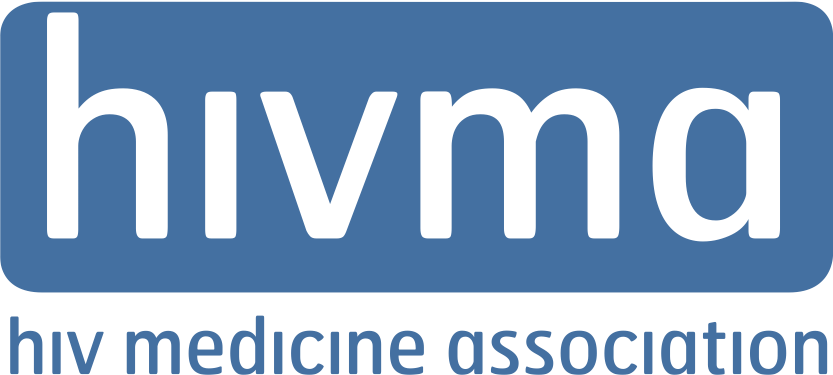
Statement on the Emergency Use Authorization of Bamlanivimab
- Barbara D. Alexander, M.D., MHS, FIDSA – President, Infectious Diseases Society of America
- Rajesh T. Gandhi, M.D., FIDSA – Chair, HIV Medicine Association
We share and appreciate the urgency in expanding therapeutic options for COVID-19 as daily case counts and hospitalization rates reach record levels. For new therapeutics to be used widely and routinely outside of clinical trials, we urge that there be sufficient safety and efficacy data to be confident regarding their use. The U.S. Food and Drug Administration’s issuance of an emergency use authorization for bamlanivimab for outpatients with mild to moderate COVID-19 and certain risk factors is based on promising data for potentially preventing hospitalizations and emergency department visits in those at increased risk for disease progression. IDSA’s COVID-19 Treatment and Management Guideline Panel is currently evaluating the data on which this EUA is based and will be issuing recommendations for its use in the near term. In the interim, it is important for clinicians and members of the public to be aware that the available data are limited, and that more information is needed to determine the effect of this therapy on clinically meaningful outcomes.
We strongly urge for clinical trials to continue and for close ongoing data monitoring and reporting on the patients receiving bamlanivimab under the EUA so that we can determine its safety and efficacy.
Additionally, IDSA is concerned that the benefits of this therapeutic option will be limited by the current scarcity of the drug and the logistics required for administering it with close monitoring in an outpatient setting. We appreciate efforts by the U.S. Department of Health and Human Services to develop a fair and equitable process for distributing this therapy, but given the complexity of its administration, strongly urge that significant steps be taken to prevent serious inequities in the patient populations who will have access to it. Such steps should include monitoring the populations receiving the therapy under the EUA and building capacity in delivery systems outside of hospital-affiliated settings. IDSA also continues to advocate for strong national masking and physical distancing polices as they are currently our most effective tools for slowing the spread of COVID-19.

